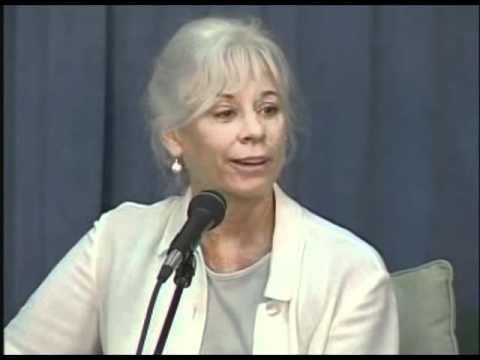Gangaji (Merle Antoinette Roberson)
When Papaji (my teacher in India) gave me the assignment to find out what comes and goes, I saw that both good and bad experiences come and go. My experience of my body comes when I wake up in the morning, and goes when I drop into sleep at night. Evaluations of my goodness or badness, my intelligence or my stupidity come and go. In fact, all thoughts come and go. All emotions come and go. All events come and go. My various identities of myself (all my arrangements of definitions of myself), come and go. My definition or explanation of anything comes and goes.
But what doesn’t come and go is life. Whether I am aware of it or not, life is here. Even if I have a thought denying life, life is still here. When this particular form has no life left in it, life remains. It was here before this form was made. Life itself doesn’t need this particular individual life form for its beingness and presence.
When I turn my attention in the deepest, most intimate way toward discovering what this universal pronoun “I” points to, I discover life—life in a way that refuses to be limited by any definition, and yet is inseparable from any definition; life that is unfragmented regardless of the various experiences of fragmentation; life that is unfazed by a formula defining it as limited to a carbon molecule. Life that is not contained by even the grandest of its names, including God, Self, no-self, truth, emptiness, or even the word life.
How thrilling is this time in history as scientific discoveries align with the oldest of spiritual wisdom! How liberating to hear about the scientific proofs that both time and space—our linch pins for definitions—do not truly exist as we have conceived them. Life is continually collapsing our mental constructs and showing itself to be both more ancient, more vast, and more here than can be imagined. The daily newspaper reveals that the universe is bigger than can be imagined and older than all previous estimates.
How thrilling to hear of scientific discoveries that demonstrate what we directly discover in opening our minds to the indefinable yet undeniable presence of life itself. As we recognize ourselves, as we become more and more conscious of ourselves, we discover no separation between life and the wonder of life. In attempting to find “I”, who we are is directly realized to be immeasurable and free of locality. Immeasurable yet undeniable.
The parameters of who we are collapse as we examine them, yet the undeniable perception of being remains. As we are unencumbered by our power to name and measure, we realize the unnameable. We directly know ourselves and realize directly “I is.” Wonder lives! Who we are is life.
What has appeared in life as a particular form that uses the pronoun I, with particular mind-body experiences, is only present because of life. When the attention of a particular form discovers life it discovers itself. Closer than a name, closer than a gender, bigger than any mood, bigger than any particular experience or explanation of that experience, whether that explanation be scientific or spiritual. Conscious life discovers itself as being.
The result of this discovery is also the discovery of what in Sanskrit is called ananda. We could call ananda joyous love.
Gangaji is an American born spiritual teacher and author. Her 77th birth anniversary is being observed on June 11.







